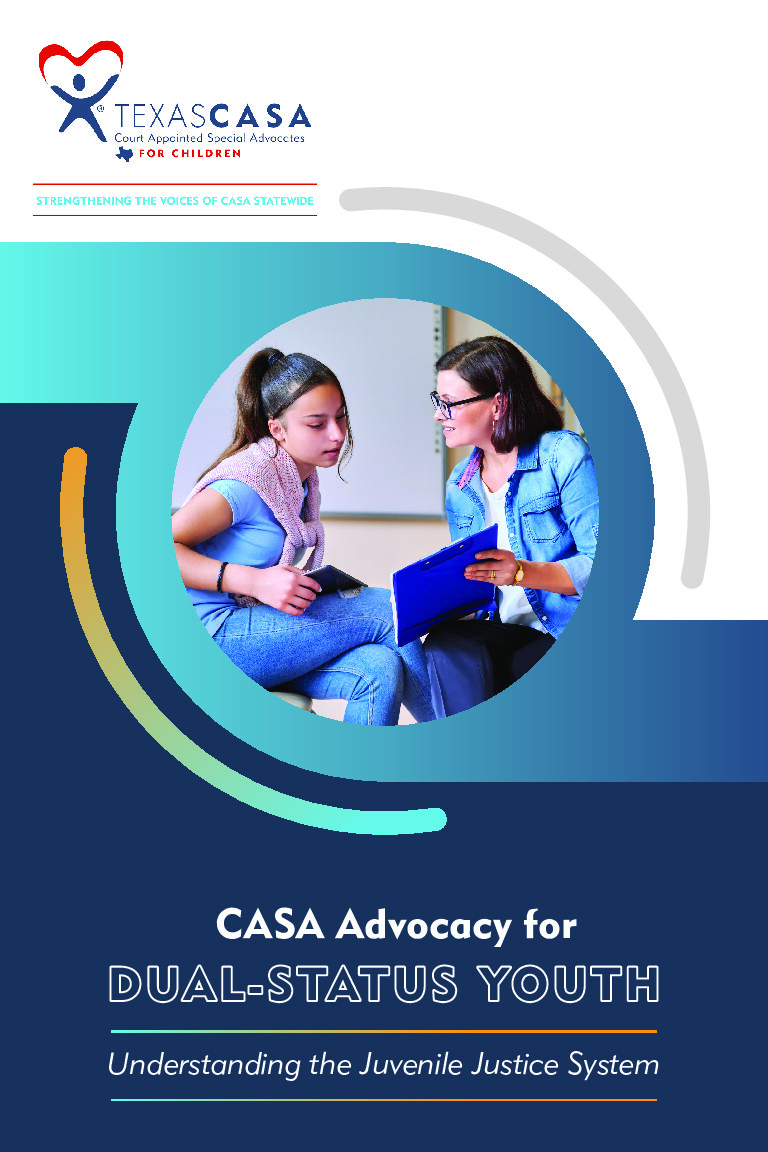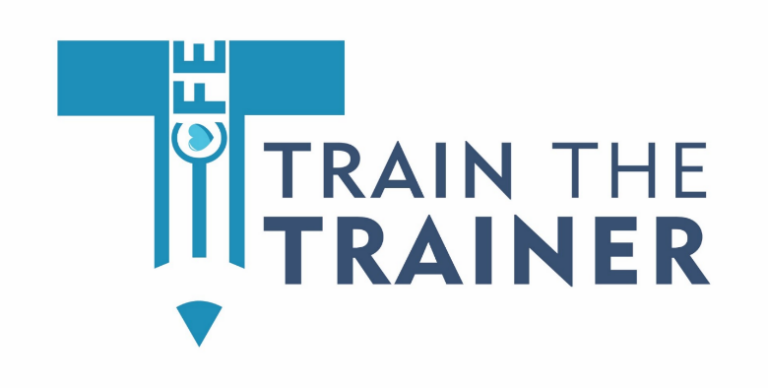Foster Care Ombudsman – Reminders
All children experiencing foster care have the right to report concerns to the Foster Care Ombudsman and the Texas Abuse Hotline at any time. When a child in foster care asks to call the Foster Care Ombudsman or the Texas Abuse Hotline, caregivers must immediately provide them access to a phone to make a private call, day or night. All staff and caregivers at the operation must abide by this requirement. This is outlined in Sections 1110 and 3400 of the 24-Hour Residential Child Care Requirements.
Providers must display the Foster Care Ombudsman poster prominently in the living quarters of every child in care. The poster must be easy to access and read. You can access the Foster Care Ombudsman poster in both English and Spanish on the DFPS website.
Section 1110 Child Protective Services Right of Placement
The Foster Care Ombudsman poster must be displayed prominently in English and Spanish in a location that is easily accessible and legible to the Child population served. The provider must allow a Child to contact the Foster Care Ombudsman’s office upon request and must allow the Child to communicate with the Foster Ombudsman’s office privately if the Child requests to do so. Children must be allowed telephone access to reach out to this 24-hour system, free from observation.
The DFPS Statewide Intake hotline’s phone number must be readily available and displayed prominently in all foster care residential Facilities.
Section 3400 Providing Access to Children
The provider permits, at all times, access to each Child placed in its care by CPS.
The provider ensures that these visits with the Child are private, without any Caregivers or staff present, and that during this time the Child is not monitored by an open intercom, video, or other monitoring system.
This access is provided to:
- DFPS and HHSC employees and designees;
- DFPS third-party contractor for the Texas Service Level System and its employees;
- Foster care ombudsman;
- Properly identified individuals appointed by a court of competent jurisdiction, such as volunteer or Court Appointed Special Advocates (CASA), guardians ad litem, and attorneys ad litem;
- Staff with the Texas Juvenile Justice Department (TJJD) or a county Juvenile Probation Department (JPD); and
- Individuals on the Child’s contact list.


